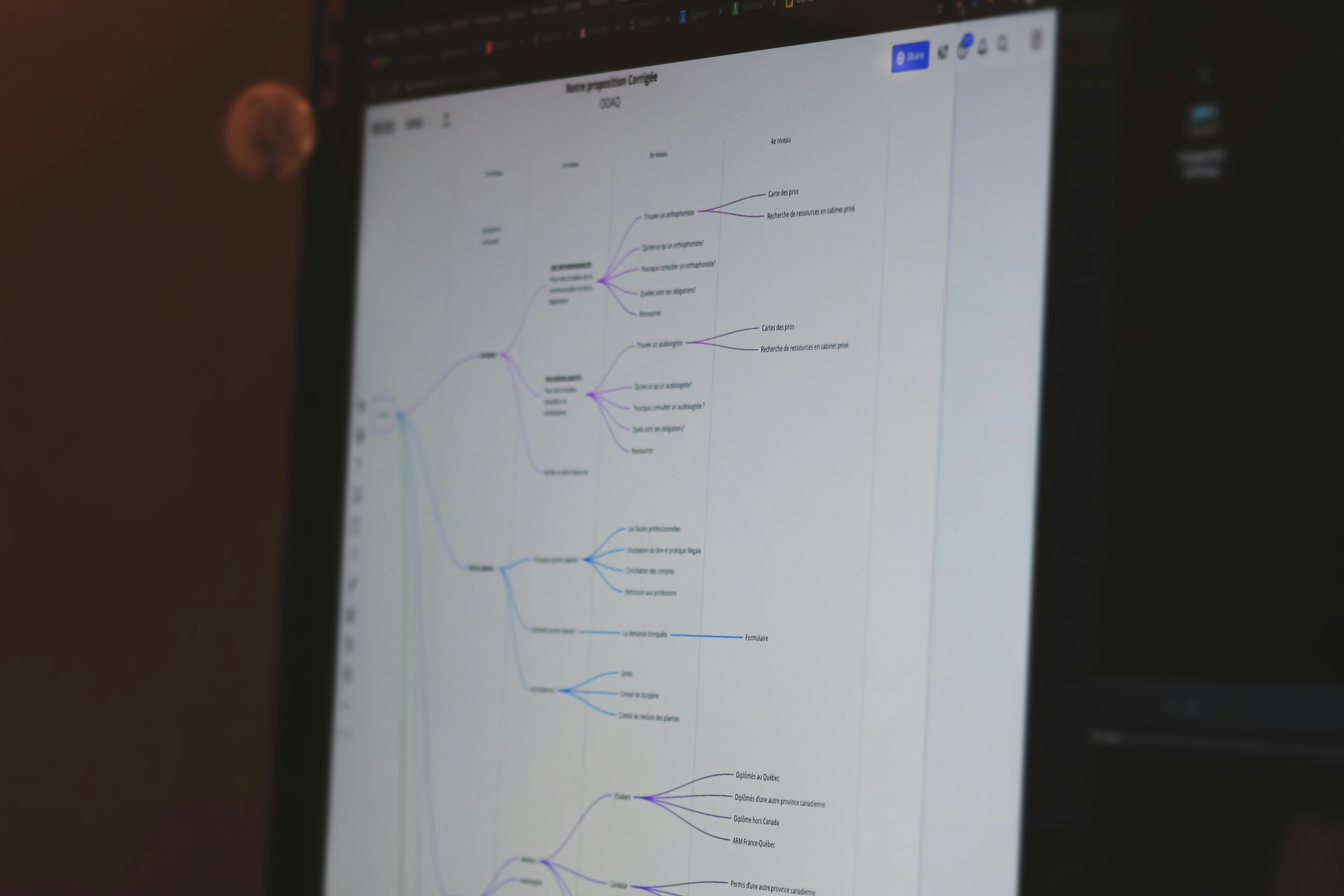The Middle East represents a booming e-commerce market that your international business can't afford to ignore. Moreover, the B2C (business to customer) e-commerce market has been undergoing a pivotal shift as demonstrated by the largest Mergers and Acquisitions (M&A) transactions in the Arab world. This was Amazon's 2017 acquisition of Souq.com, the biggest e-commerce player in the Middle East which is known as the Amazon of the Middle East. So, let's explore what you need to know about localization in the Middle East if you want to succeed in this region.
Online Trade in the Middle East Is Encouraged
The Gulf Cooperation Council (GCC) comprises six member countries – the United Arab Emirates (UAE), Saudi Arabia, Bahrain, Kuwait, Oman, and Qatar. The council aims to encourage online trade and facilitate foreign direct investment.
Middle East Residents Like Online Shopping
Online shopping has grown rapidly over the last decade and is expected to keep expanding. Middle East consumers have a big appetite for purchasing both local and global brands online. The region is home to people with high per capita income and is emerging as one of the world's fastest-growing markets. This post will look at the key markets and players and eCommerce trends in the Middle East markets.
What's Fueling E-commerce Growth in the Middle East?
- The rate of internet penetration in 2019 was 67.2 percent (the global average was 56.5 percent).
- Approximately 50 percent of the population is under the age of twenty-five.
- The Middle East has one of the highest social media penetration rates in the world.
- Arab consumers are more than willing to adopt new technologies, as demonstrated by the increase in the use of mobile devices.
- Many Middle Eastern countries have moved to integrate paper-based information services (passports/visas, insurance, vehicle licensing, logistics tracking, and utility payments) with universal online payment platforms. These steps enable risk-free online shopping.
- Middle East markets have a more relaxed taxation system when compared to European markets.
- Many Middle East countries allow foreign investors to repatriate their investments.
Cross-Border E-commerce
Many UAE consumers purchase items from foreign websites. This is facilitated by the convenience and value provided by these sites, together with payment gateway security and free shipping. The value of e-commerce sales in the UAE is forecasted to reach US$27 billion by 2022.
Social Media and Localization in the Middle East
Social media platforms such as Facebook, Instagram, and Twitter play an increasingly important role in influencing the e-shopping behavior of Arab consumers. The social media penetration rate is highest in the UAE and Qatar (99 percent).
E-commerce Payment Infrastructure
The region has continued to develop its payment infrastructure. The Gulf region governments have taken many digitization initiatives to increase the use of online payment systems like digital wallets and net banking.
Huge Untapped Potential for E-commerce Business
Until fairly recently, online sales in the Middle East represented just two percent of overall retail sales. This began to change as demonstrated by the UAE government, which, in 2014, set up a duty-free e-commerce hub known as Matajir.com to work closely with various international companies. This initiative helped to establish Dubai as a global eCommerce marketplace.
Shift Toward Localization in the Middle East
More Localized Websites
To attract more local customers who were not engaging in online shopping because of language barriers, many higher-end brands (e.g., Blue Nile, Burberry, and Dolce & Gabbana) launched websites in Arabic.
- Customer personas can be segmented easily, which greatly assists localization efforts in the Middle East.
What Are the Leading E-commerce Markets in the Middle East?
The UAE and Saudi Arabia lead the various markets encompassed by the Gulf Cooperation Council (GCC). The other countries (Kuwait, Bahrain, Qatar, and Oman) have a good e-commerce presence and growth, but their contributions to the GCC are less because of their lower population levels. Let's take a look at the two most important markets:
United Arab Emirates (UAE)
- Market Size - The market size of the UAE was forecast to comprise around 45.6 percent of the total market in the Middle East by 2020.
- Population and Internet Penetration - With a population of 9.5 million and a median age of 33, the UAE is one of the world's most urbanized countries. With one of the youngest demographics in the Middle East, the UAE has an internet penetration of 85 percent.
- What UAE Consumers Are Buying - The UAE population spends an average of US$400 a month on online shopping. The travel market (before COVID) had the highest online market share with 67 percent. Ranked second are computers and computer-related purchases.
- How Emirate Consumers Shop – Preferred payment methods are cash on delivery, credit/debit cards, and PayPal.
Why Your International Business Should Be in the UAE
The UAE is the e-commerce capital of the Middle East, and over 60 percent of UAE customers purchase from international websites.
Saudi Arabia
- Market Size - Saudi Arabia represents a vast market in the GCC with 13 million e-commerce users.
- Population and Internet Penetration – The country's population is approximately 33.6 million, with a median age of 30. Almost 80 percent of the population uses the Internet, and 33 percent use online marketplaces for shopping.
- What the Saudis Are Buying - As in the UAE, the travel segment had the largest market share before COVID-19, with an average annual online spending of US$478 per person.
- How the Saudis Shop - Preferred payment methods are cash on delivery, credit/debit cards, and PayPal.
Why Your International Business Should Be in Saudi Arabia
The Saudi Arabian e-commerce economy has been experiencing unprecedented growth. The lack of a substantial and diverse domestic e-commerce sector has led to consumers choosing international brands.
The Middle East Represents a Growth Opportunity for Your International Business
The opportunity is there for you to enter this lucrative market. However, Middle East localization is key to your success. Only a few years ago, the Arabic language had only a small amount of representation on the internet. However, today Arabic is one of the most important languages for website localization. There were more than 141 million Arabic internet users in 2017, and the number has kept growing. Localization in the Middle East must begin with your website being translated into Arabic and localized for the specific Middle East countries you wish to target.
Why Localize?
Localize can help you claim a share of this lucrative e-commerce market using effective localization in the Middle East. We have tools to enable you to effectively translate and localize your website and app content into Arabic. Get in touch with us for more information.



%201.png)




